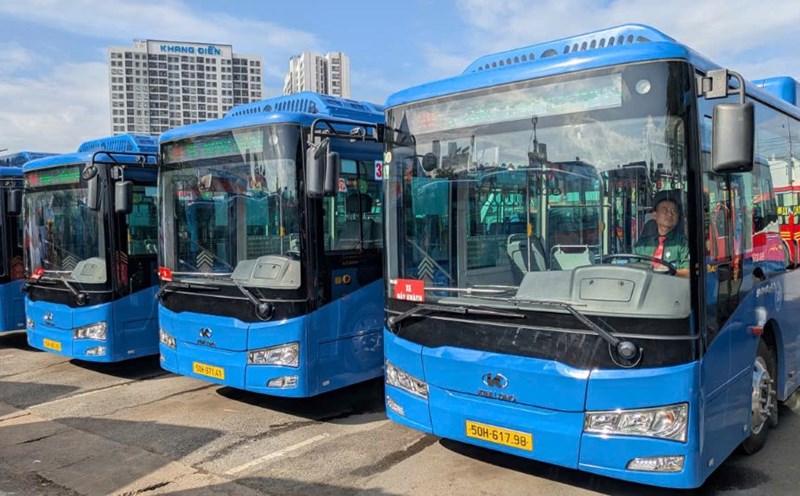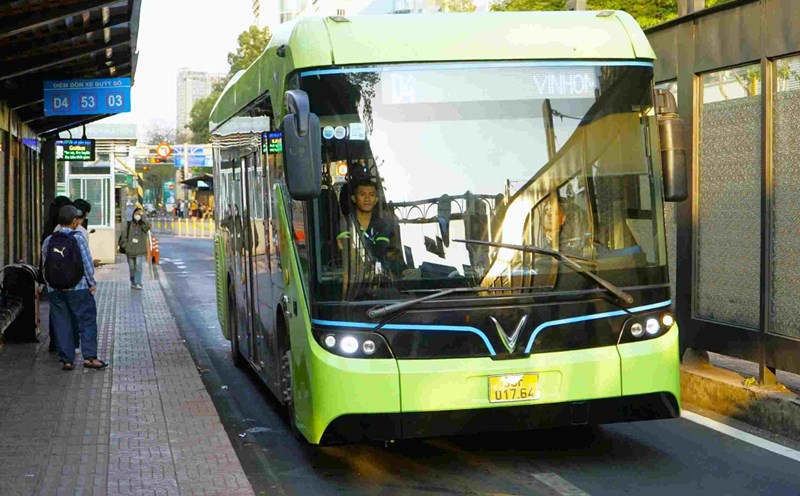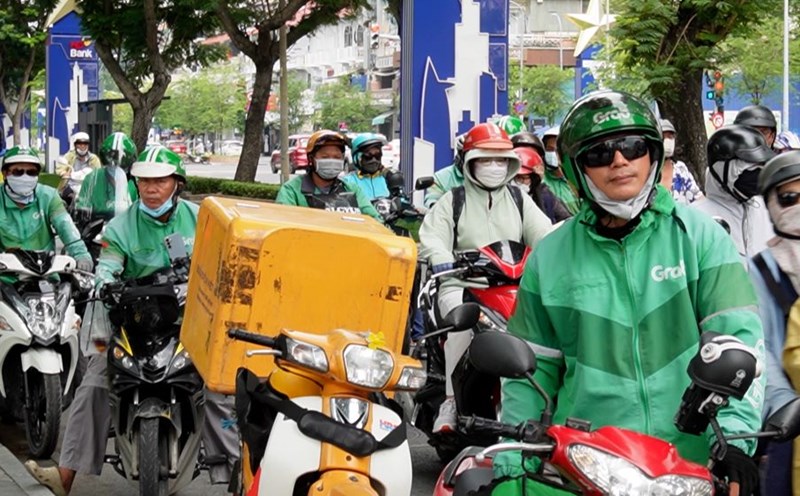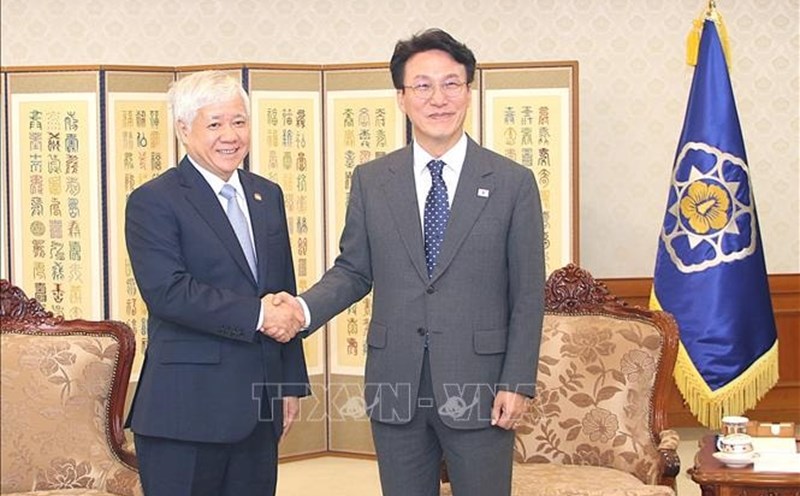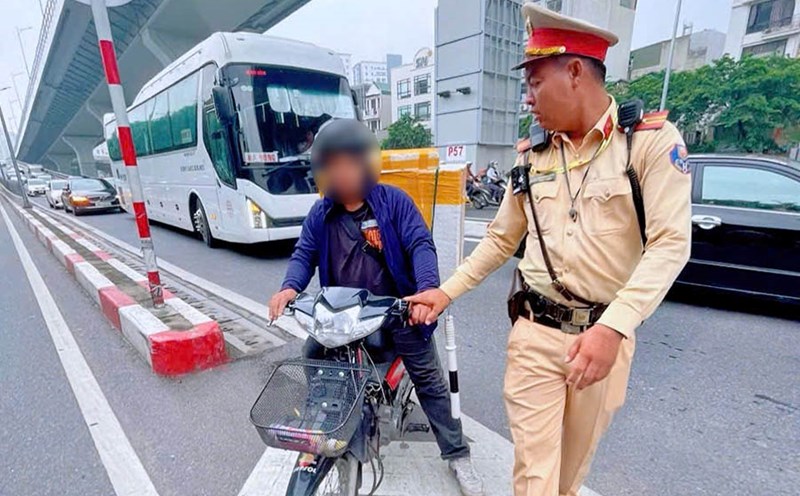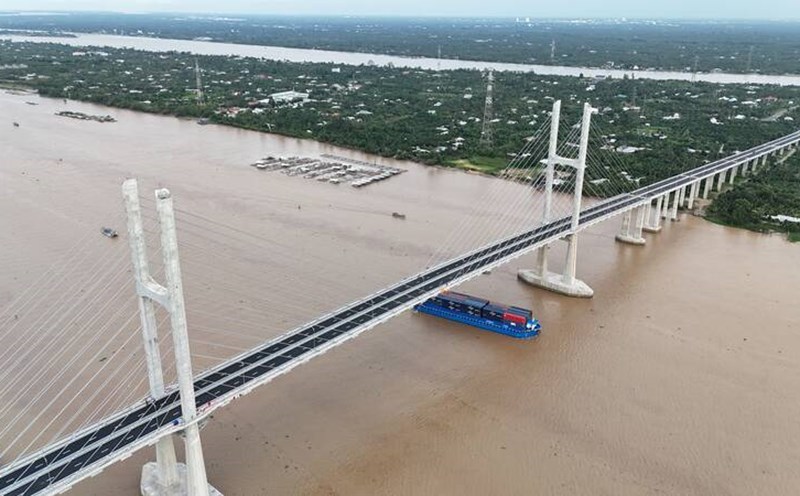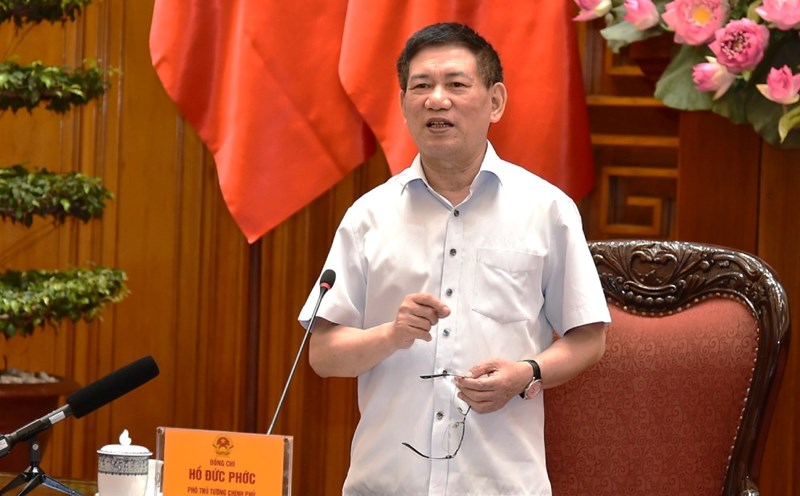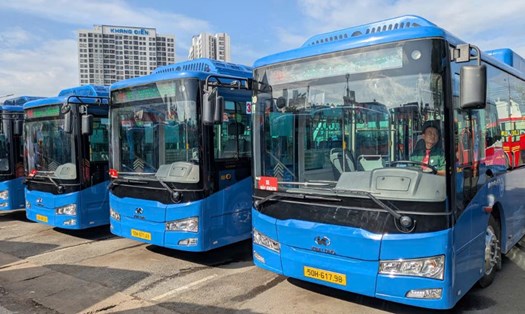On the morning of July 31, at the Ho Chi Minh City Green Transformation Forum and the 2025 Recycling Festival, Chairman of the Ho Chi Minh City People's Committee Nguyen Van Duoc affirmed that green transformation is no longer an option, but a strategy for Ho Chi Minh City to protect its position as an economic locomotive and increase competitiveness.
Speaking at the forum, Mr. Nguyen Van Duoc emphasized that Ho Chi Minh City is facing a "new context" - where the concept of "development" is comprehensively reshaped.
In that context, green transformation is not simply an environmental protection solution, but a strategy to ensure economic security, attract investment, maintain export orders, enhance competitiveness and maintain Ho Chi Minh City's leading role in the national economy.
According to the Chairman of the Ho Chi Minh City People's Committee, to comprehensively implement green transformation, Ho Chi Minh City has identified three strategic directions.
The city will shift from the mindset of "building works" to "creating a sustainable transportation ecosystem". Metro Line 1 is no longer simply an urban transport project, but a backbone connecting multi-modal public transport, including electric buses, waterways and environmentally friendly personal means of transport. This is an important step in the green transportation transformation roadmap in Ho Chi Minh City.
Ho Chi Minh City will shift from the mindset of "waste treatment" to "resurces regeneration". Waste is considered a new resource, which needs to be classified at source, increased reuse and recycling. The city aims to build waste-to-energy plants not only to reduce pollution, but also to create renewable energy. Planning to build an electric vehicle battery recycling center is a step ahead of the trend, helping Ho Chi Minh City participate deeply in the supply chain of the global green economy.
The city will not only stop at attracting investment, but will switch to selecting high-quality capital flows, focusing on source technology and clean technology. Export processing zones and industrial parks will be re-planned in the direction of in-depth development, prioritizing high technology, digital economy, circular economy and ecological industry.
"This is a strong commitment to the international community that coming to Ho Chi Minh City is coming to a sustainable production environment, meeting the most strict standards. This is our unique competitive advantage in the race to attract new-generation FDI" - Mr. Duoc emphasized.
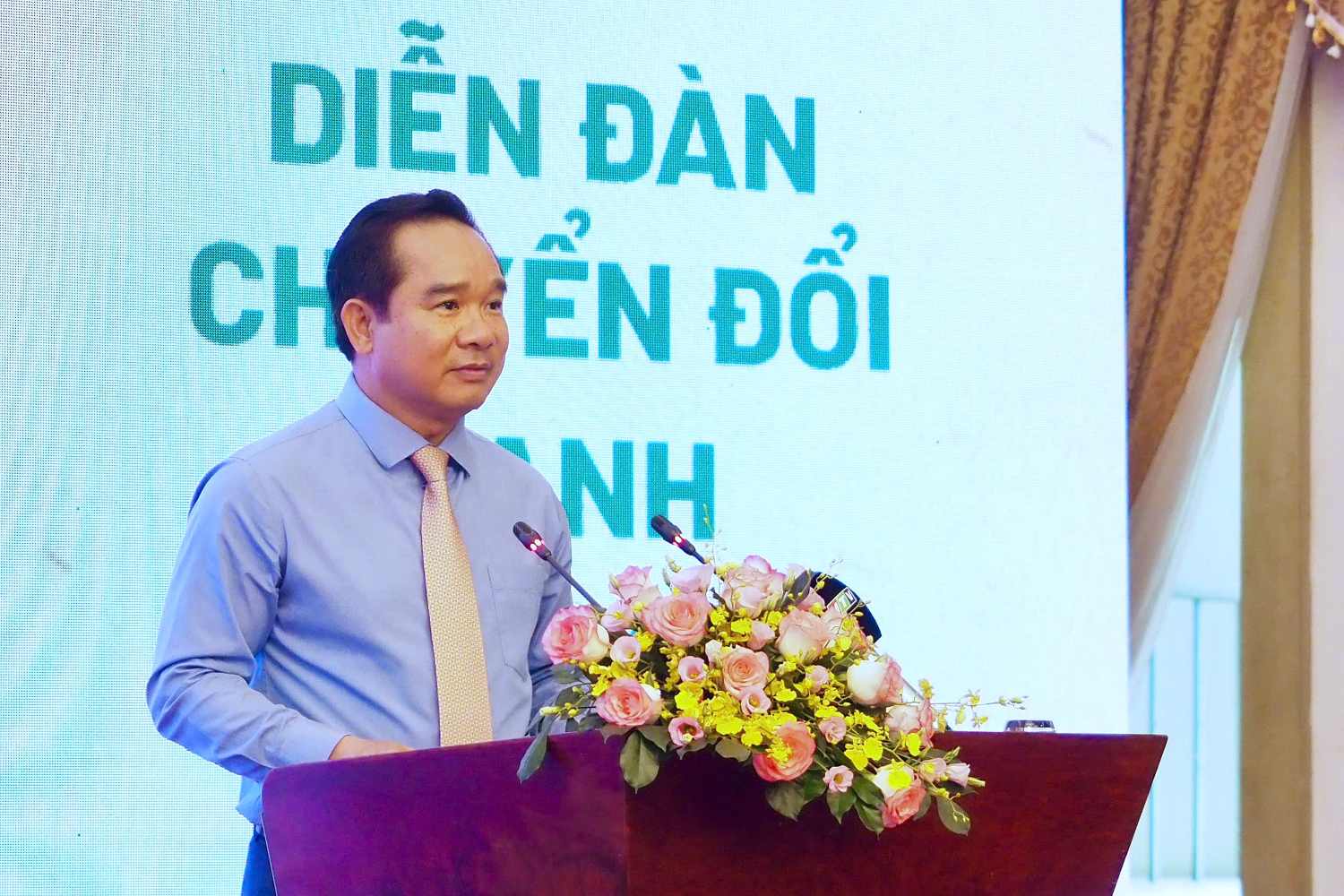
To implement the above tripartite strategy, Mr. Nguyen Van Duoc proposed four orientations.
Departments and branches need to innovate thinking, proactively remove mechanistic and legal barriers and take advantage of technology to free up social resources for green investment projects, especially in the fields of renewable energy and circular economy.
Based on the legal foundation from Resolution 57-NQ/TW, Ho Chi Minh City will develop an innovation ecosystem, prioritizing resources for international standard research centers, startups in the fields of environment, energy, new materials and digital transformation.
The city encourages the business community to consider green standards as not a barrier, but an opportunity to innovate products, conquer the market and elevate brands. The Ho Chi Minh City government is committed to accompanying businesses in the green transformation process.
Green transformation cannot be successful without community awareness and action. The city will promote communication and education programs to form a green lifestyle and sustainable consumption habits in each individual, household and community.

